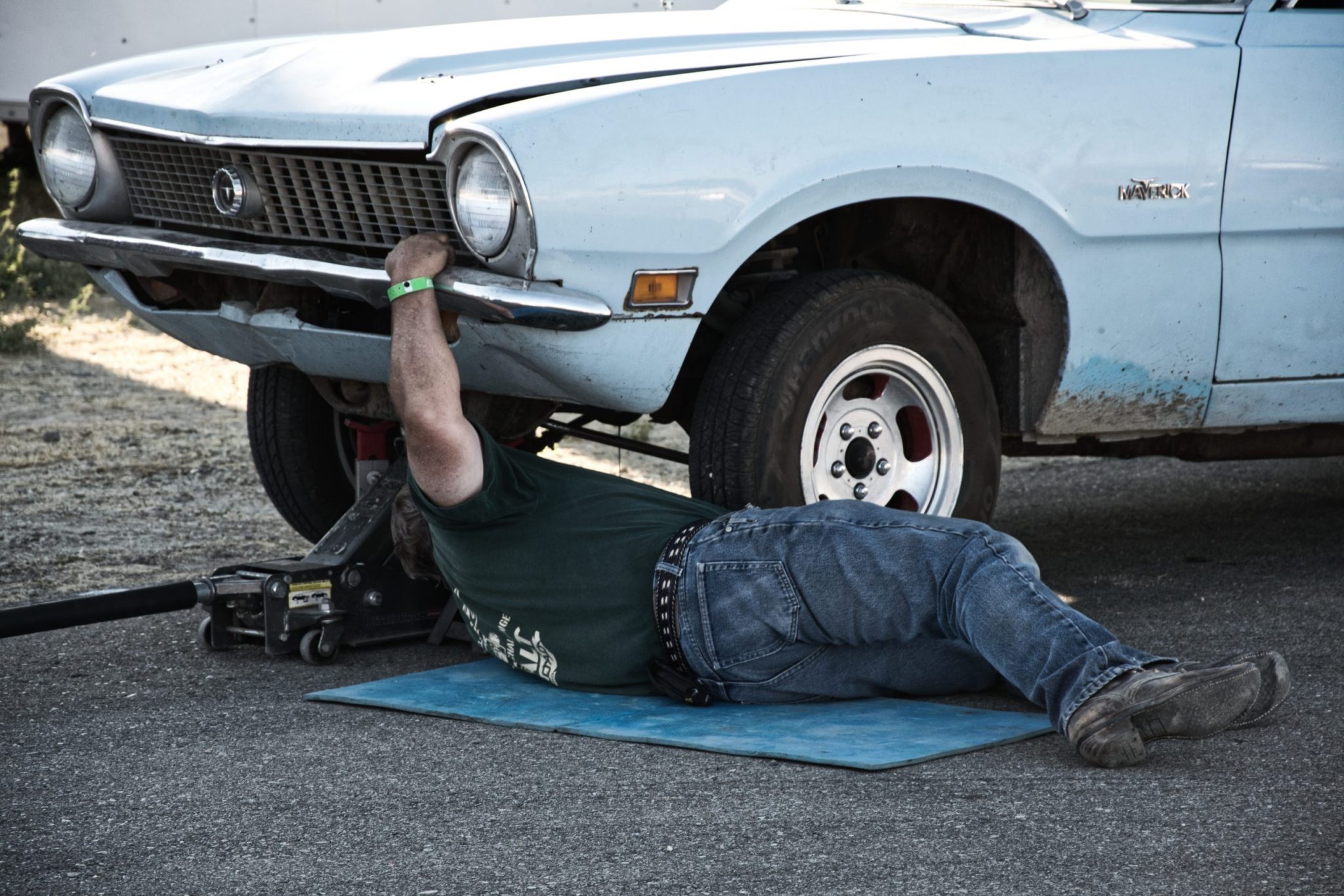There are times when people will hesitate between having their old vehicle repaired or selling it so they can get a new one. It usually comes down to budget, but in some cases, people are simply too attached to the vehicle to let it go. Repairing a vehicle is often the best decision but there are cases where the cost of repair is way too high relative to the car’s value. You also don’t want to go for a quick fix only to be faced with something major later down the line. Let’s look at a few things you should consider before selling or repairing your old vehicle.
How Much Will It Cost Me?
The first thing you have to do is check how much the repair will cost you and how much residual value your car has. Do not make the mistake of going by the Kelley Blue Book price here. These prices should only be used as a reference and will often not be in line with your market. A better way to tell what your car’s true value is would be to look at listings in your area and see how many vehicles like yours are going for.
If you live somewhere like Wilmington, then your market will be very different from someone living in LA or Florida, so make sure that you check the listings where you are and get a rough average. You will then need to find a reputable auto and tire center in Wilmington like Campanellas to give you an estimate. They’ve been in the business since 1986 and will be able to give you a clear estimate of how much you can expect to pay. They can also tell you if there are looming issues with the car and if it would be a better idea for you to sell.
How Much Would a New Car Cost Me?
You also need to look at the indirect costs of keeping an old vehicle. For instance, if your vehicle is more than five years old, current vehicles may trump it in terms of fuel efficiency. Going for a newer vehicle in this case, even if it’s more expensive, will be cheaper in the long run. Older vehicles can also cost more to insure since they won’t qualify for a multitude of rebates.
You shouldn’t only look at the price of a new vehicle when making a decision. You should also look at how much you could get for your vehicle if you decide to sell it and how much it would cost you to keep making repairs on it.
Take your car’s expected sales value and use it as a down payment for your next vehicle. Next, check if your monthly payments over the next 36 or 60 months will be more than your expected yearly expenses in repairs. Another thing you could do is see if your expected repairs would cost more than 10% of your new car’s costs. If it’s higher than that, it’s usually better to go for a new vehicle.
What are Your Needs for the Future?
You should also look at the direction your life is heading in the future. There’s no point in continuing to put money on a small vehicle if you’re expecting your family to grow, for instance. Or maybe you’re getting ready to finish school? In this case, it would make sense to look for a more fuel-efficient vehicle in case you have to extend your commute to go to work. Always look at the long-term lifestyle benefits of a new car when making your decision.
Are You Tired of Your Car?
If you’re getting tired of your current car and it’s starting to have more and more issues, don’t assume that you can’t afford a newer vehicle. Look at lease deals and consider getting on a short-term lease on a cheap, newer vehicle. This would allow you to get a safer and more efficient vehicle and save a little bit of money to buy a new one at the end. Or maybe you’ll realize that leasing makes more sense to you.
Are There Any Major Repairs on the Horizon?
It would also be a good idea to pay for an inspection now if your car is starting to show signs of age. You may be able to drive your car for a few more miles after you get a repair done, but you never know what could happen later. The last thing you want is to have to deal with a major engine issue or a problem with your transmission when you could’ve sold your car earlier.
These are all questions that will allow you to tell which option between selling and fixing your car is the best for you. Look at both sides of the coin and look at the long-term costs of keeping a vehicle that’s deteriorating.


